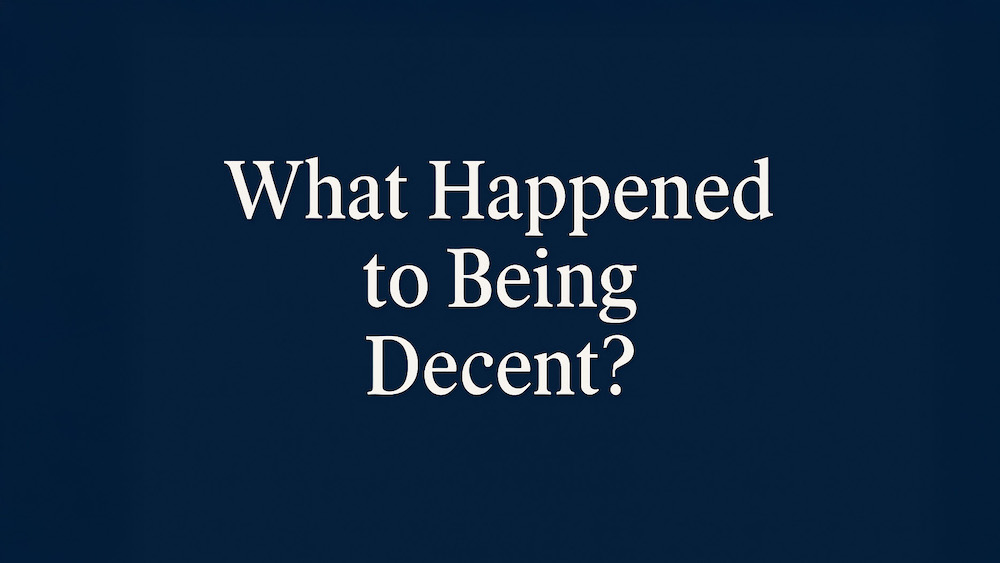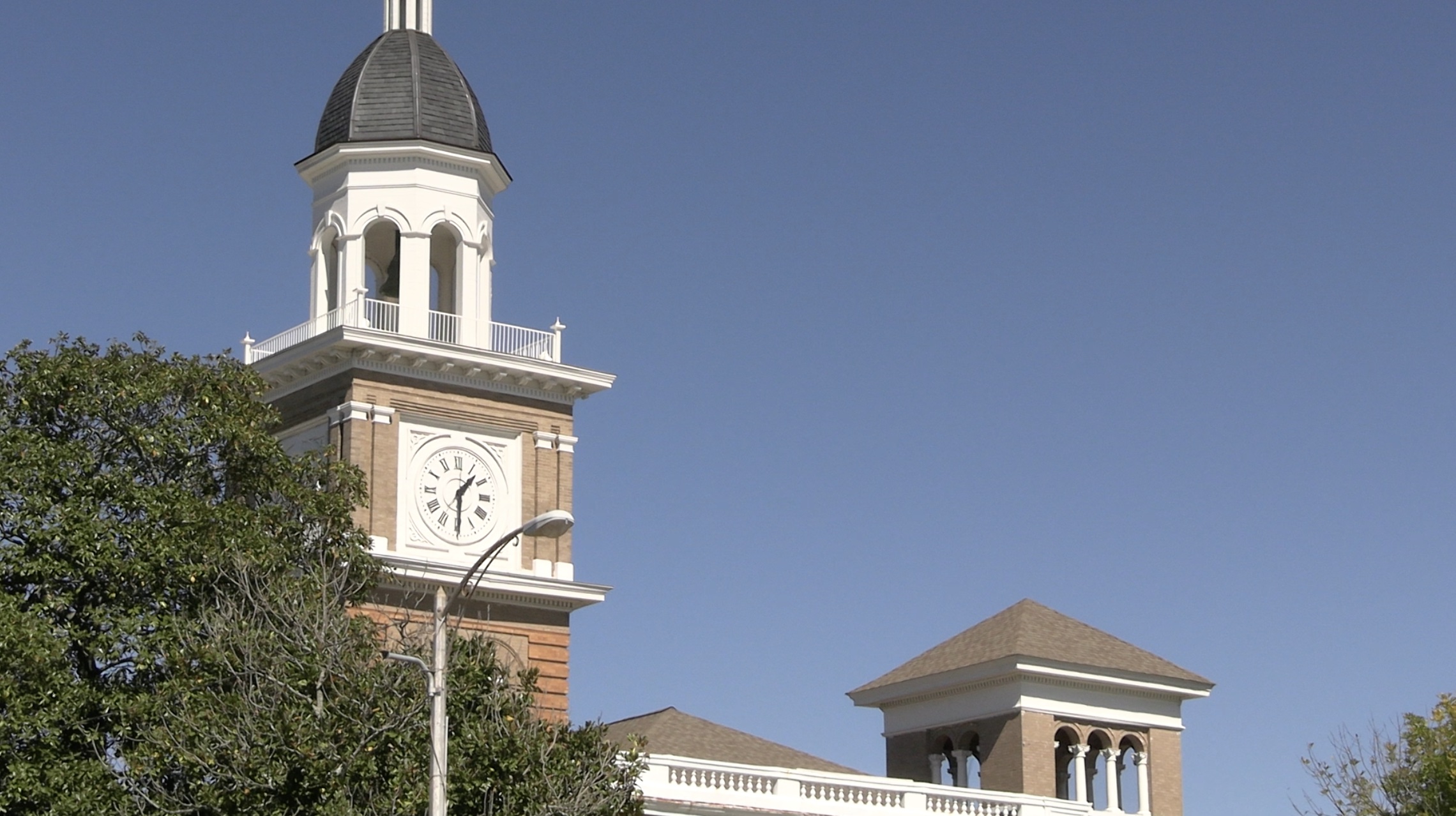By Rob Reep, Saline River News
Let’s start with the truth.
The world’s always had its share of unkindness. Mean words. Petty arguments. People who whispered behind closed doors or judged others from across a room. That’s nothing new.
But back then, there were limits.
When I was growing up—before the internet, before social media—if someone had something harsh to say, they usually said it in private. You didn’t insult someone in the middle of the grocery store. You didn’t mock a stranger’s child in front of a crowd. Not because people were perfect—but because there was an expectation of decency in public. There were boundaries, even if they weren’t written down.
And if you did cross the line? You’d probably hear about it. You might get a look. Or someone would pull you aside and remind you: That’s not how we talk to folks around here.
Today, it feels like those boundaries are gone.
Social media has made it easy to say the worst parts of ourselves out loud—and to an audience. It’s given cruelty a platform, a spotlight, and sometimes even a round of applause. And sadly, what once would’ve drawn sharp rebuke now passes as normal.
But it isn’t normal. And it shouldn’t be.
Running a local news site, I see the best of our community. But I also see the worst of what this new online world allows. Every so often, I wake up to a comment or message that isn’t just mean—it’s designed to hurt. Sometimes it’s aimed at me. Other times it’s directed at someone else entirely—someone who didn’t ask to be in the spotlight, who didn’t deserve to be dragged through the mud.
And what I keep coming back to is this: we weren’t made for this much noise. For this much instant judgment. For this many opinions flying at us from all directions.
And we’d be naïve not to realize that this isn’t accidental—it’s by design. Social media platforms are built to keep us agitated, to reward the controversial, and to amplify the loudest voices in the room. Why? Because engagement drives profit. The more we argue, the longer we stay. The more we react, the more ads we see. When we use these platforms, we’re not the customer—we’re the product. And that system doesn’t care if it fractures communities, humiliates individuals, or chips away at our shared decency, as long as we keep scrolling.
We’ve grown too comfortable behind the screen. We type things we’d never say out loud. We post before we pause. And in the process, we’re losing more than our tempers—we’re losing a piece of our humanity.
And I’ll be the first to admit—I’ve fallen into that trap myself. I’ve posted things in frustration, reacted too quickly, and hit “send” when I should’ve taken a breath. I’m not writing this to preach or point fingers. I’ve made these mistakes too. We all have. But that’s why this matters—because none of us are immune to it. And we all have the power to do better.
What worries me most isn’t just the cruelty—it’s the numbness. We’ve become so used to sarcasm and outrage that kindness almost feels awkward. And the longer we stay in that space, the harder it is to pull ourselves out of it.
But we can.
We can start by remembering that the internet isn’t some separate universe. The people we talk to online are real. Their kids are real. Their feelings are real. And our words—whether we meant them or not—can land like stones.
We can bring back a little more grace. A little more restraint. A little more of that quiet understanding that just because you can say something doesn’t mean you should.
I’m not saying we go backward. The internet isn’t going away. Social media isn’t going anywhere. And truthfully, it’s not all bad. It’s connected us in powerful ways. It lets us celebrate together, grieve together, and support one another faster than ever.
But maybe we need to unplug more often.
Maybe we need to sit with our families without a screen between us. Maybe we need to go outside and wave at our neighbors. Maybe we need to have the hard conversations face to face—where tone and context matter, where accountability still exists, where you can feel the pause in someone’s voice when a line is crossed.
And maybe, most of all, we need to remember that decency isn’t weakness. That thoughtfulness isn’t outdated. That being kind—even when it costs you something—is one of the strongest things you can do.
I watch my boys play in the yard, chasing bubbles, laughing over things that have nothing to do with posts or likes. That’s the real stuff. That’s what matters.
So the next time you find yourself about to post something biting, stop and ask yourself: Would I say this in person? Would I say it in front of their family? Would I be proud to have this published on Saline River News with my name on it?
If not, maybe it doesn’t need to be said at all.
We can’t fix the internet. But we can choose what kind of people we are on it. We can be slower to speak, quicker to forgive, and more intentional with our words.
And maybe—just maybe—we can help build a world that feels a little less cruel, and a little more decent.






